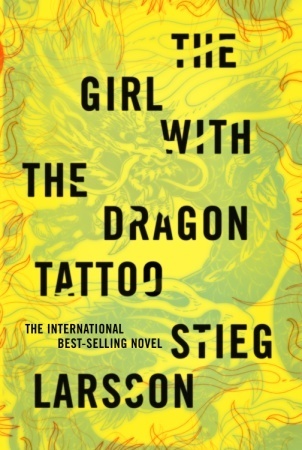Celebrate National Poetry Month with these 6 books
April is National Poetry Month. Launched by the Academy of American Poets in 1996, National Poetry Month has become one of the largest literary celebrations in the world, reminding us that poetry is an art form for everybody.
Categories: Reading, Writing
Kafka the hypochondriac
“Franz Kafka believed illness was at the root of his writing yet he embraced wellness fads with hearty vigour”
By the time he was diagnosed with tuberculosis at the age of 34, Kafka had already spent two decades worrying about disease. He took his holidays at convalescent spas, while letters to friends and lovers often amounted to little more than catalogues of symptoms. Kafka attributed all this to what he frequently called his ‘hypochondria’, a condition that, he believed, consigned him to the monastic life of a writer.
Categories: Literary Criticism, Literary History
Aimee Bender on Writing Without a Plan
If you write or read about writing, you’ve undoubtedly heard repeated variations on the “I write to discover what I mean” theme. This doesn’t, by the way, apply only to writers of fiction. It’s a truth I seem to have to rediscover periodically when writing nonfiction.
Here’s fiction writer Aimee Bender’s version:
For me, the page is all I get, and the page is what makes the soup of the mind into something tangible. If there is no book in my mind, then the only way I can find a book is by writing it. This act of writing is how I get access to the material I might not readily know about. We cannot read each other’s minds, and the truth is, we often cannot really read our own.
Category: Writing
Making the Sentence Chic
The most commonly heard praise of Joan Didion is the elegance of her prose, the grandeur of her sentences.
Didion embodied in grammar what she contributed to the reputation of the 1960s counterculture more broadly. She put the sentence in vogue, and in so doing, she abdicated responsibility for what it meant. She understood what lies at the heart of coolness: a very carefully cultivated refusal to care.
Here Ana Quiring looks at Didion as a style icon: “In recent years especially, Didion’s status as style icon has superseded her literary reputation.”
Categories: Literary Criticism, Literary History, Writing
The Rewriting of Emily St. John Mandel
“She became famous for a pandemic novel. But the crisis she’s interested in is change itself.”
Katy Waldman looks at Emily St. John Mandel’s newly published novel Sea of Tranquility against the backdrop of Station Eleven, Mandel’s 2014 novel that “announced Mandel’s obsession with contingency, with who we might be if we weren’t ourselves.”
Read how Mandel changed from the crime novelist of her first three books into the author of Sea of Tranquility, which is “broader in scope than any of Mandel’s previous novels, voyaging profligately across lands and centuries.”
Categories: Author News, Literary Criticism, Literary History, Writing
6 Epic Female Warriors You Don’t Want to Mess With
“From California’s mythic warrior queen to the swole women of Sparta to female hunters in ancient Peru.”
Throughout human history, women have fought. They’ve led armies. They’ve taken down big game. They’ve trained to cut down prey on the hunt and enemies on the battlefield. Both archaeology and history are telling increasingly complex stories around gender roles, upending decades-old beliefs that men hunted and fought while women stayed home.
Category: Life Stories in Literature
Bestselling Swedish Author to Pen Next Three ‘Dragon Tattoo’ Books
Knopf will be publishing three new books in its Millennium series, which launched with Stieg Larsson’s The Girl with the Dragon Tattoo. The new titles will be written by bestselling Swedish author Karin Smirnoff, with the first of them set to be released on September 5, 2023.
If you don’t know the backstory to this news, here it is: Stieg Larsson wrote the original three novels (The Girl with the Dragon Tattoo, The Girl Who Played with Fire, and The Girl Who Kicked the Hornet’s Nest) featuring Lisbeth Salander, all of which were published posthumously. He died in 2004. David Lagercrantz then wrote three more novels in the series. Now Karin Smirnoff will write three more, with the first scheduled for release on September 5, 2023.
Smirnoff said she will aim to “continue to build on Stieg Larsson’s core themes, such as violence, abuse of power, and contemporary political currents.”
Categories: Literary History, Writing
© 2022 by Mary Daniels Brown



